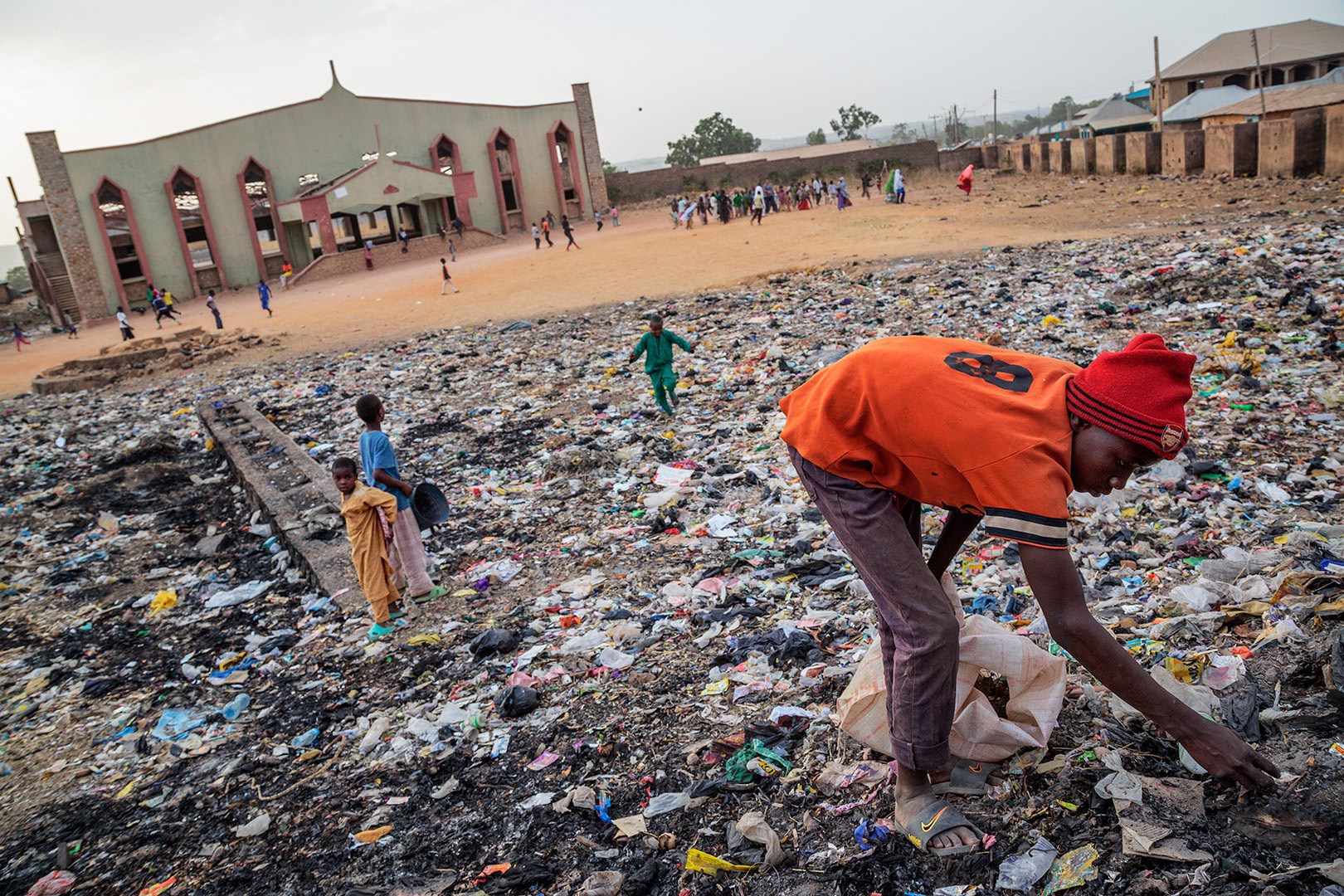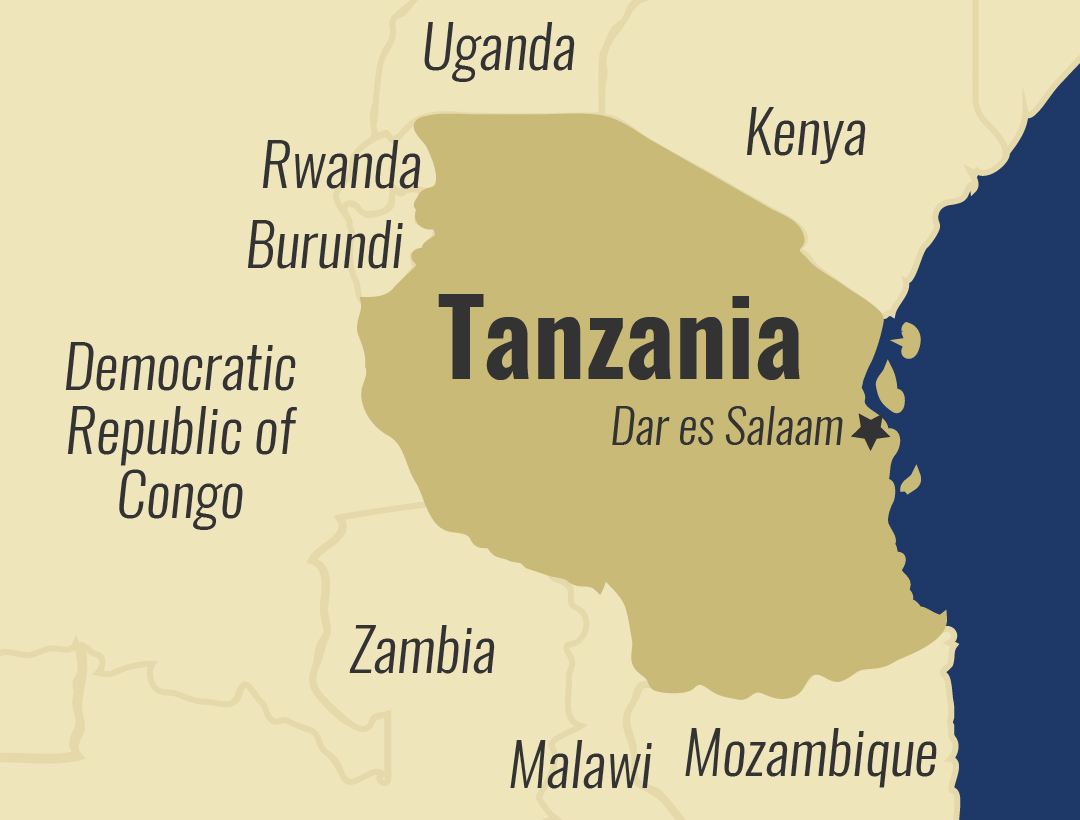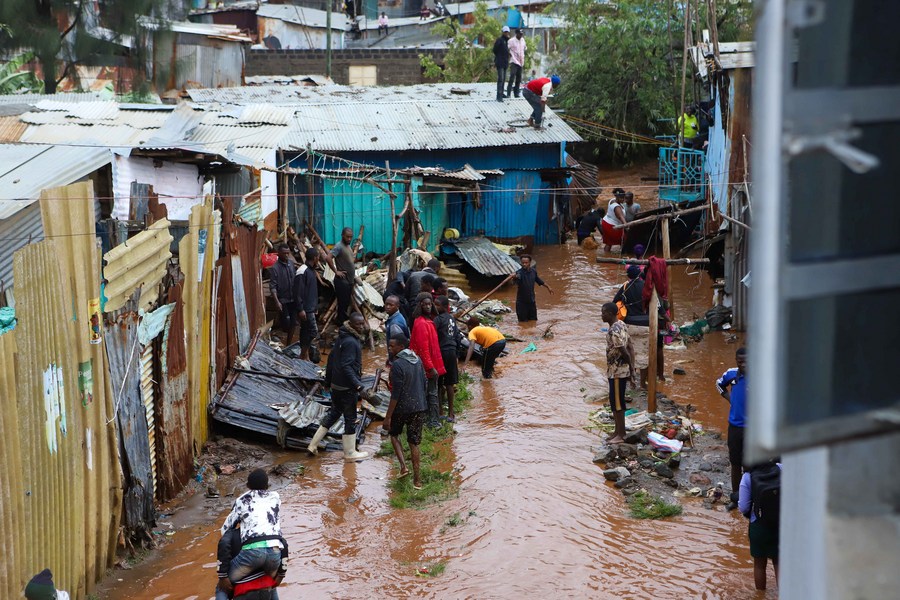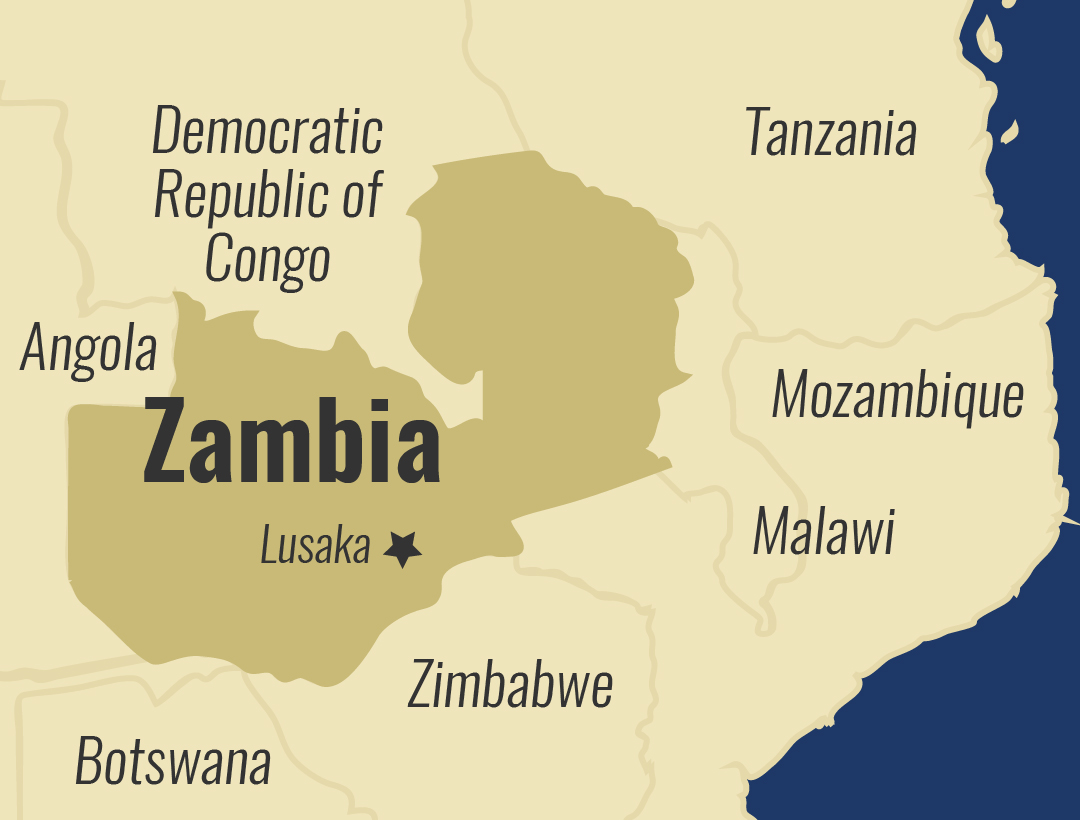
Calls for solidarity, united economic front amid fears of worst recession
Senior UN officials, Nobel laureates and eminent academic experts, gathered virtually on Wednesday for the launch of a new report recommending “an adjusted approach” to economic development, and a policy dialogue exploring how countries can recover from COVID-19, in ways that lead to real structural transformation.

“Parallel threats linked to health, economic and social crises have crippled countries and left us at a standstill”, said Liu Zhenmin, Under Secretary-General for Economic and Social Affairs (DESA), as he presented a new report by the High-level Advisory Board on Economic and Social Affairs.
The report titled, Recover Better: Economic and Social Challenges and Opportunities, analyses economic trends critical to the achievement of the Sustainable Development Goals(SDGs) and recovery from COVID-19.
Among its recommendations is a greater focus on the environment, promotion of research and development, investment in infrastructure and education, and improvement in economic equality.
“Overcoming the crisis and getting back on track to achieve the Sustainable Development Goals will require a strengthened multilateralism”, he said. COVID-19 has laid bare how much leadership, foresight and collaboration among all Governments and stakeholders, matter.
First global poverty rise since 1998
In a video message, UN deputy chief Amina Mohammed, said as many as 100 million people are expected to be pushed back into extreme poverty in 2020 – the first rise in global poverty since 1998.
“We need all hands on deck if we are to rebuild our economies sustainably and inclusively”, she assured.
Noting that the report calls for better international tax cooperation and more equitable access to digital technologies, she said the sustainable management of natural resources, and value-added approaches to trading goods, will also be critical.
The 2030 Agenda remains the agreed framework for recovering in ways that accelerate progress on climate change, poverty and gender inequality, and address the fragilities exposed or exacerbated by the pandemic. “We must all do more,” she said.
Equality, structural reform
During two policy dialogues, 12 experts wrestled with whether the world is currently in a recession and if so, what it will take to recover in ways that can thoroughly reform underlying vulnerabilities.
“There is no trade-off between economic efficiency and equality”, said Alicia Barcena, Executive Secretary of the Economic Commission for Latin America and the Caribbean.
45 million at risk
During a panel on the theme, “Ensuring a sustainable recovery through more inclusive and strengthened multilateralism”, she underscored the urgent need for structural change.
Between 2000 and 2010, 60 million people in Latin America and the Caribbean moved out of poverty. Now, 45 million risk being pulled back in.
Africa needs 4 million teachers
In a second discussion on “Assessing the state of the global economy and recovery pathways”, Cristina Duarte, the Secretary-General’s Special Adviser on Africa, who is the former Minister of Finance, Planning and Public Administration of Cabo Verde, said that for Africa, recovering better requires a look at why, after 25 years of uninterrupted growth, systems are still lacking.

She said Africa must mobilize itself – beyond emergency solutions – to understand the nature and quality of economic growth.
The continent was not socially inclusive before the pandemic hit, lacking jobs for 60 per cent of its young people.
She said Africa needs 4 million more teachers and a further 1 to 2 million health professionals – and importantly – to break away from ideas that equate poverty management with development management. Income redistribution, rather than economic growth, must be at the centre of all recovery strategies.
Heizo Takenaka of Toyo University, said Japan’s experience with COVID-19 revealed the need to carefully consider the governance systems in place during an emergency. “We should be very careful about the possibility of asset inflation from here on, considering that monetary authorities are applying a huge amount of money in many countries.”
(With input from the United Nations)






